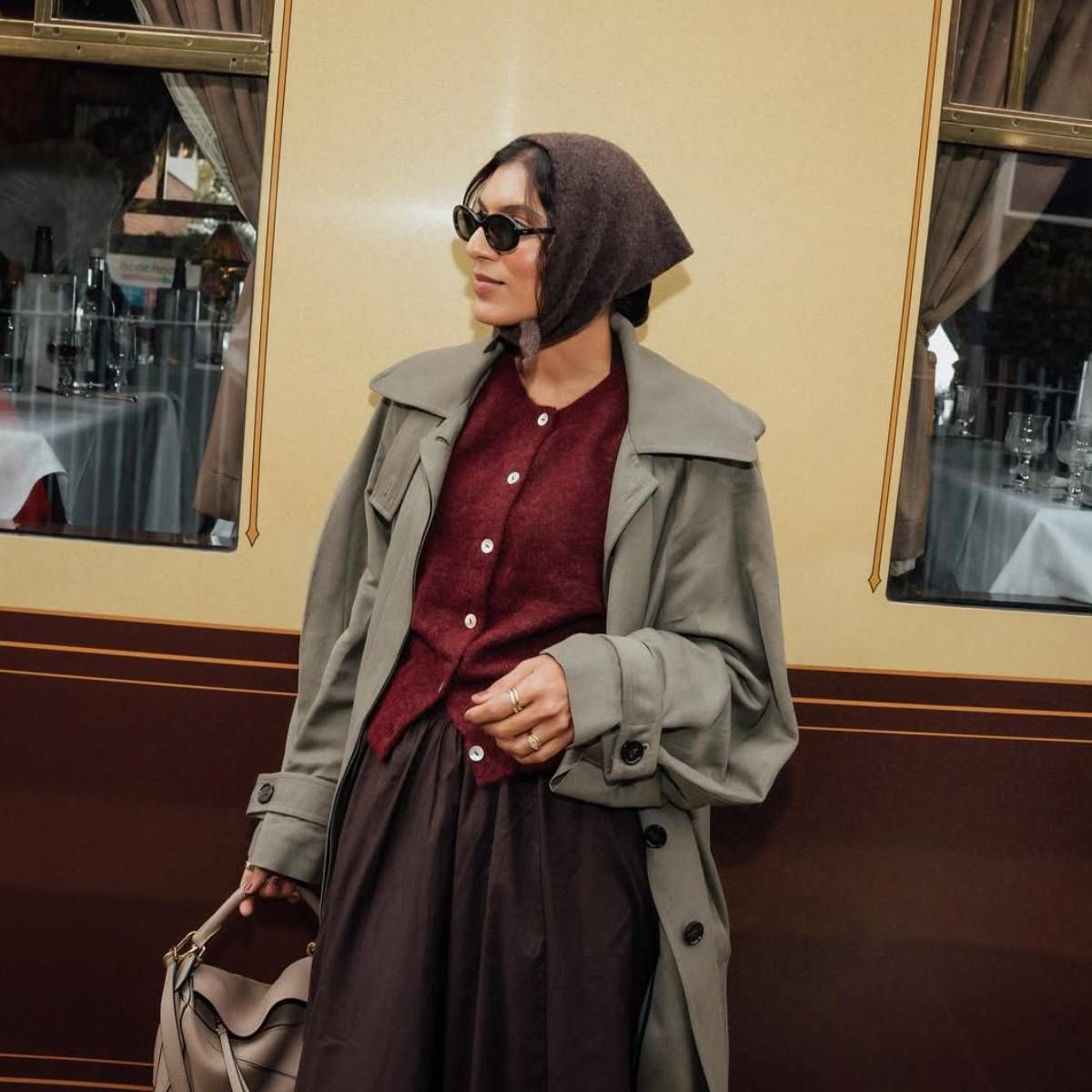Entertainment
Poetry from Daily Life: Hearing dad’s drumming on the steering wheel in a poem’s beat
My guest this week on Poetry from Daily Life is Julie Clayton. I became aware of Julie through Poetry Out Loud, a national arts education program that encourages the study of great poetry by offering free educational materials and a dynamic recitation competition for high school students across the country. Julie was the state champion for Missouri in 2023. ~ David L. Harrison
Keeping time
“Music is like poetry is like Shakespeare is like me,” I wrote in my polka-dotted notebook while watching a performance of Beethoven’s Piano Concerto No. 5. I was on a field trip with my Humanities class, listening to the St. Louis Symphony Orchestra at UMSL’s Touhill Theater. I probably should’ve been taking more serious notes for my orchestra review, but I found myself too taken aback by the movement of the music to care.
Growing up with a drummer as a dad, recognizing rhythm became second nature to me. I learned how to find a beat simply by imagining my dad drumming against the steering wheel as he drove me to school. He raised me on hard rock and heavy metal music, songs with drums and bass you could feel in the speakers. To this day, I still prefer music with a sound that fills your body, that you want to blast at a volume that houses down the street could hear.
As I got older, English classes at school started focusing less on chapter books and more on short poetic works — ones with a strong rhyme scheme and a clear message, easy for elementary school students to understand. However, my life truly changed one day in sixth grade, when my teacher introduced us to a relatively short poem by Edgar Allan Poe, titled “Annabel Lee.” Up until this point, I’d never read a literary work quite like it, with a cold and dark mood that left me uncomfortable in the best way. To help the class better understand the story of the poem, our teacher had us read the poem out loud, then asked us what we thought it was about. Most students thought it to be a simple love poem with not much else beneath the surface. Unconvinced, our teacher then recited the poem with a more angry and vengeful tone. Suddenly, the message clicked with the entire class — the pain and rage the speaker felt, and the delusion surrounding the story he’d created about his lover’s death. It was the first time I’d realized that the way a poem is spoken can explain it clearly to the listener, without changing or “dumbing down” any of the language.
This poem by Poe reminded me of the music I so often listened to — eerie, yet beautiful, and with a solid rhythm that supported the words of the story.
Flash forward five years, I was sitting in my junior year U.S. Literature class when my teacher introduced our poetry unit with a lesson on poetry recitation. She also introduced us to a nationwide high school program called “Poetry Out Loud”, which allows students to compete in recitation competitions. Though we weren’t required to participate in the competition ourselves, the class did choose poems to memorize and recite for a grade while following the POL guidelines.
Before this assignment, the art of poetry recitation was mostly a mystery to me. My understanding of poetry consisted solely of reading and writing the works, not speaking them aloud. This is when I remembered my previous lesson on “Annabel Lee”, and how a simple recitation completely changed an entire class’ understanding of the work. This memory inspired me to actually participate in my school’s Poetry Out Loud competition — in which I came in third place. This was a bit disappointing, as I’d found myself quite passionate about practicing my poem and excavating its meaning. Thankfully, though, I didn’t let this setback diminish my newfound love for recitation.
The next year, after finding a beautiful poem titled “The Oldest Living Thing in L.A.” by Larry Levis (which mixed both opossums, my favorite animal, and Los Angeles, my favorite city), I once again participated in my high school’s Poetry Out Loud competition.
Later that afternoon, a mere five minutes after the school day’s end, I got an email from one of my English teachers saying that I’d won my school’s competition. Needless to say, I was ecstatic for many reasons — I’d never really been one to win competitions, and now I’d won something I truly cared about.
The next few months flew by in a flurry of finding new poems, annotating them, and rehearsing them ad nauseum to make sure I’d memorized them down to the letter. I attribute much of the hard work I did to my supportive school community, especially the English teachers who offered to help me practice.
Eventually, after two nerve-wracking competitions against countless fellow students (with immense talent), I found myself both the St. Louis County regional champion and the Missouri State champion for Poetry Out Loud. The entire experience I’ve had competing across the state and country has changed my life in ways I can’t even begin to express. I’ve made so many new friends and been inspired by the shared passion for poetry between me and other students.
One moment that sticks out to me from these experiences was after the National Competition in Washington, D.C., where the other state champions and I gathered in a small room to share some poems we’d written ourselves. I was absolutely taken aback by the beauty of these poems, but couldn’t help noticing the difference between their poems and mine. Where some of the poems consisted of gorgeous imagery and staggering metaphors, mine seemed to find their strength in the rhythm of the words and stanzas.
It was then that the influence of my upbringing truly hit me, how I found meaning in poetry not just through pretty words, but through how they are said. Neither type of poetry is better than the other — in fact, a great poem needs both to succeed. However, when I write poetry, I can read it back and find influences from the drumbeats of my childhood. So, going forward, I’ll be sure to keep tapping away to songs on the steering wheel of my car. It’s how I keep my time.
Here is a poem I wrote after I arrived home from the Poetry Out Loud National Competition in Washington, D.C.:
◦
when i struggle,
when i am hurt,
◦
it is quiet
short
sour
◦
it does not inspire
metaphors
nor pretty images
◦
no big events to suggest
a bird’s wings flitting
or cold wind’s whistles
◦
it stays quiet
inside
yet i am called to create
just the same.
◦
my pain may not rhyme
in perfect couplet scheme,
yet, it makes sense
to me.
◦
re-read this,
please,
see if you can find the pattern.
◦
the feeling lies there,
in the pauses
and commas
◦
no encyclopedias,
no pretty synonyms,
i don’t need them.
◦
this is enough.










